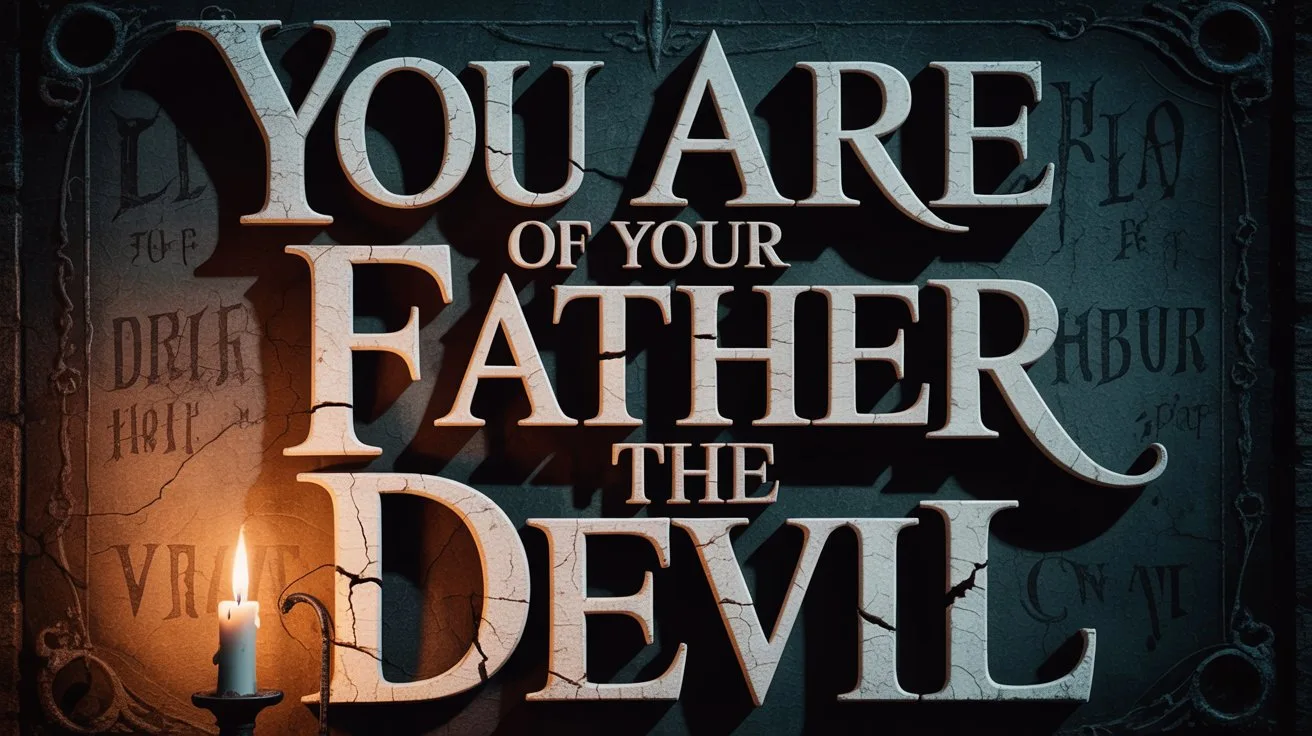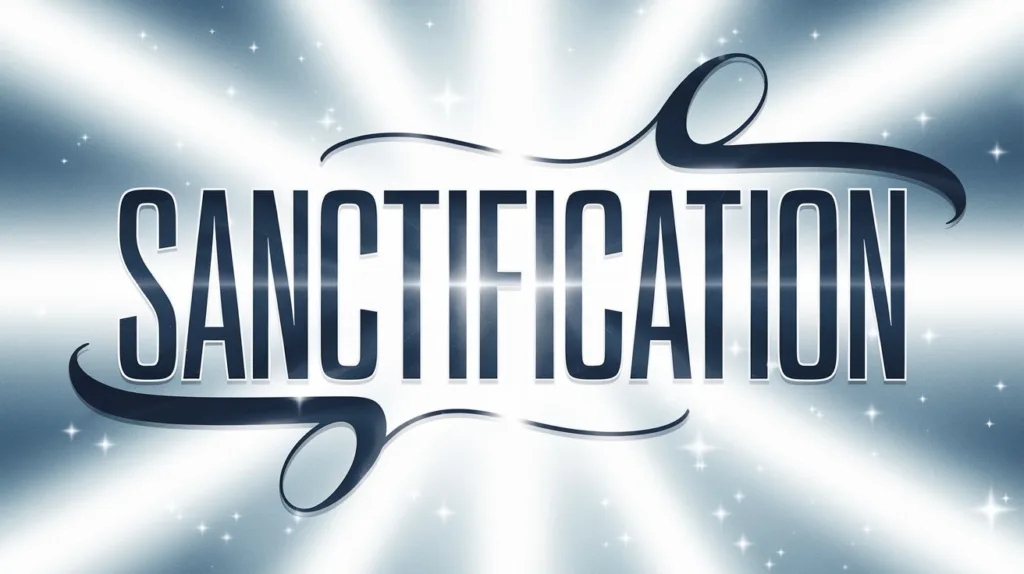It is often said that “we are all God’s children,” but Scripture draws a deeper distinction. While all are created by God, loved by Him, and initially known in His Book, not all remain as His children. Jesus Himself addressed this in John 8, when He stood face to face with the Pharisees. They claimed Abraham as their father and even aligned themselves with God, yet Jesus exposed their true spiritual lineage. This wasn’t a matter of physical descent, it was a matter of the heart. A child reflects the nature of their father. And these men, though religious, revealed a different inheritance.
The Context of John 8
In John 8, Jesus was teaching in the temple during the Feast of Tabernacles. Division about His identity was growing. He declared,
“I am the light of the world. He who follows Me shall not walk in darkness, but have the light of life” (John 8:12).
The Pharisees rejected this claim and accused Him of self-witness. Jesus answered with authority, testifying of His union with the Father. Then He warned,
“If you do not believe that I am He, you will die in your sins” (John 8:24).
This was not a general disagreement, it was a matter of eternal consequence. The line was drawn. Belief in Christ is the dividing point between life and death, between sonship and rebellion.
Claiming Abraham, Denying the Son
The religious leaders held tightly to their ancestry. They said,
“Abraham is our father.” Jesus said to them, ‘If you were Abraham’s children, you would do the works of Abraham’” (John 8:39).
Jesus acknowledged their biological descent but denied their spiritual heritage. Abraham believed God (Genesis 15:6), walked in obedience (Genesis 22), and rejoiced to see Christ’s day (John 8:56). But these men plotted murder. Jesus said,
“But now you seek to kill Me, a Man who has told you the truth which I heard from God. Abraham did not do this” (John 8:40).
Their actions disqualified their claim. A true child reflects the heart of the father. Their deeds proved they had another source.
Written in the Book of Life and Loved by God
We must recognize that all people begin in a state of being known by God. His love is not limited. John writes,
“For God so loved the world that He gave His only begotten Son…” (John 3:16).
And again,
“He Himself is the propitiation… for the whole world” (1 John 2:2).
In Revelation, we see the Book of Life, and there is evidence that names were written from the foundation of the world (Revelation 17:8). But Revelation 3:5 warns,
“He who overcomes… I will not blot out his name from the Book of Life”.
This shows that names can be removed. All begin with access to God’s promise, but not all remain. The child who rejects the Father, who hardens their heart in pride, forfeits their place. Paul acknowledges our shared origin,
“We are also His offspring” (Acts 17:28).
But to become a child of God in covenant, one must be born again. John says,
“But as many as received Him, to them He gave the right to become children of God” (John 1:12).
The right to be called a child of God is not automatic; it is granted through faith. The Pharisees rejected this. Their pride turned them away from their inheritance.
The Verdict: “You Are of Your Father the Devil”
With authority, Jesus said,
“You are of your father the devil, and the desires of your father you want to do…” (John 8:44).
This was not metaphor, it was spiritual fact. They mirrored Satan’s character: lies, murder, and rejection of truth. Jesus said,
“Because I tell the truth, you do not believe Me” (John 8:45),
“He who is of God hears God’s words; therefore you do not hear, because you are not of God” (John 8:47).
Their inability to receive truth wasn’t intellectual; it was spiritual. They had aligned themselves with darkness. And though they once had light available, they rejected it. This is the danger of repeated rebellion: it hardens the heart and rewrites your spiritual identity.
Children of God or Children of the Devil
The apostle John later wrote with the same sharp distinction,
“In this the children of God and the children of the devil are manifest: Whoever does not practice righteousness is not of God…” (1 John 3:10).
Two lineages exist: those who belong to Christ, and those who reject Him. Jesus said,
“He who is not with Me is against Me…” (Matthew 12:30).
Neutrality is a myth. Pride, self-righteousness, or religion without repentance leads to estrangement from God. And the longer the rejection, the more the heart calcifies. Hebrews warns,
“Today, if you will hear His voice, do not harden your hearts” (Hebrews 3:15).
My Final Thoughts
Yes, all people are known by God and written into His Book of LIfe. All are loved. All are offered salvation. But not all remain children of God. Only those who receive Christ, who believe and continue in Him, are granted that right. Those who reject the Son align themselves with another father. The Pharisees were not born children of the devil; they chose that path through persistent unbelief. That is the warning for all.
Spiritual lineage is not about blood; it is about faith, obedience, and truth. Jesus calls us to abide in Him, and in doing so, we remain in the family of God. Let us hold fast to Him, walk in His ways, and reflect His name (not only in word, but in nature).
“Examine yourselves as to whether you are in the faith. Test yourselves” (2 Corinthians 13:5).





 Get the book that teaches you how to evangelize and disarm doctrines from every single major cult group today.
Get the book that teaches you how to evangelize and disarm doctrines from every single major cult group today.